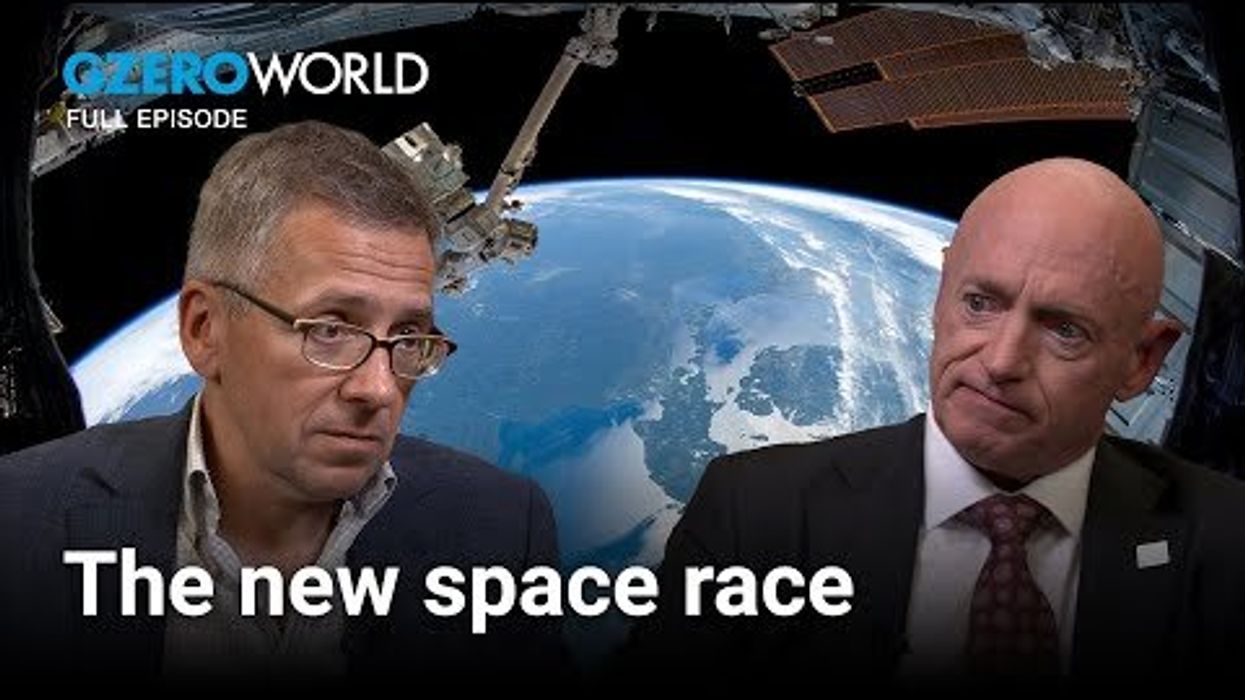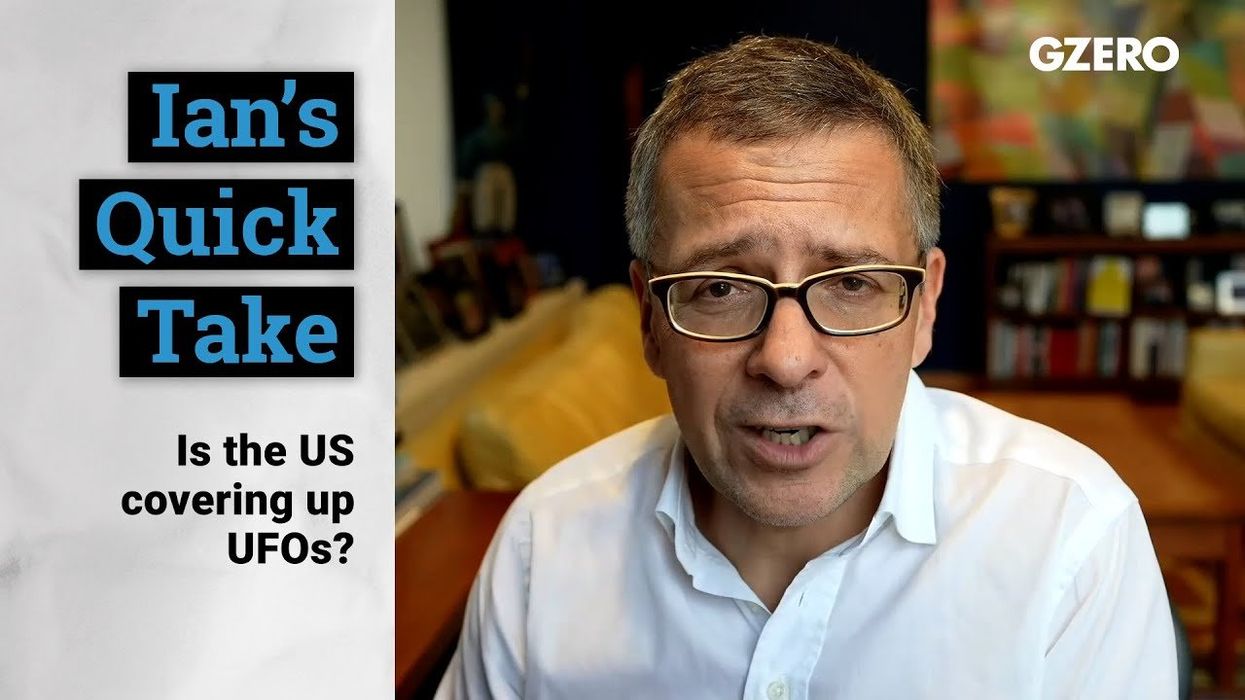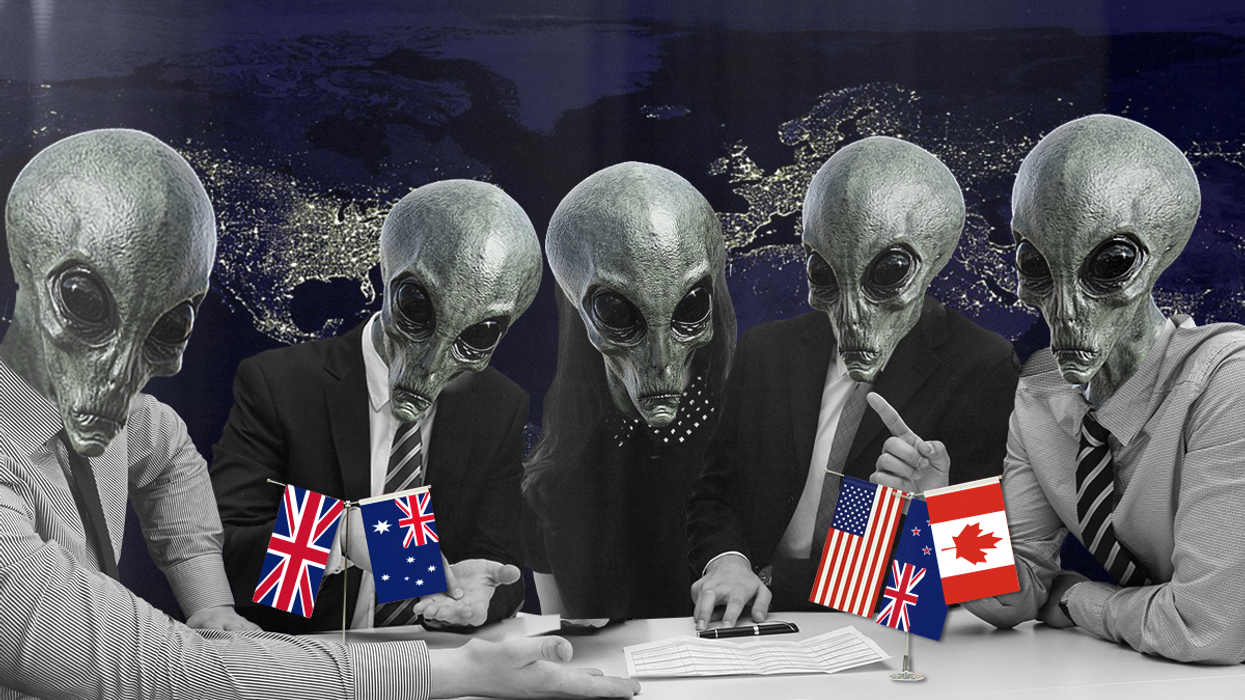GZERO World Clips
UFOs must be investigated, says former astronaut Sen. Mark Kelly
Is there life on Mars? When David Bowie asked that question half a century ago, he was speaking for more of us than just Ziggy Stardust. Today, the prospect of intelligent alien life in our universe continues to tantalize stargazers and lawmakers alike.
Sep 18, 2024





